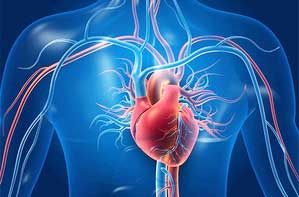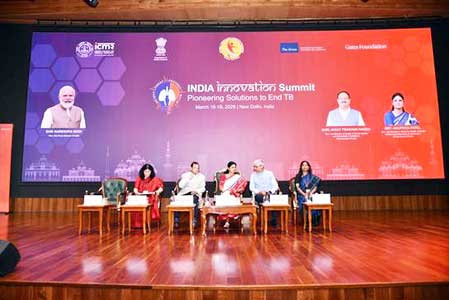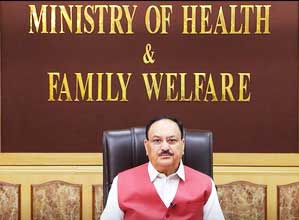Eating vegetables can help reduce the risk of liver cancer by 65 per cent, according to a study.
The study, led by researchers from the INSERM, the French National Institute of Health and Medical Research, focused on patients diagnosed with cirrhosis -- scarring (fibrosis) of the liver caused by long-term liver damage.
They examined the benefits of eating vegetables and or fruits among these patients Of the 179 patients analysed, 20 were diagnosed with hepatocellular carcinoma (liver cancer).
The team found that a total of 42.5 per cent of patients with cirrhosis had insufficient fruit and/or vegetable consumption.
“A 65 per cent reduction in the incidence (new cases) of liver cancer (hepatocellular carcinoma) was observed in patients diagnosed with cirrhosis consuming more than 240 gram per day of vegetables,” the researchers said.
The researchers, however, found no evidence of an association between fruit consumption and hepatocellular carcinoma. The team said that the association between fruit and vegetable consumption and the risk of HCC is poorly documented in the population of cirrhotic patients. However, “such knowledge is crucial for adapting HCC prevention messages,” they noted, in the paper published in the journal JHEP Reports.
Liver cancer is the sixth most frequent cancer worldwide, mainly represented by HCC, accounting for about 85-90 per cent. HCC occurs when a tumour grows on the liver. HCC most commonly occurs in those with chronic liver disease especially those with cirrhosis or fibrosis, which occur in the setting of chronic liver injury and inflammation.
Main causes of disease of underlying chronic liver disease are alcohol and viral hepatitis, while it also includes overweight and obesity, consumption of foods contaminated with aflatoxins (that is, toxins produced by moulds).
The researchers called for larger studies “to assess the benefits of fruit regarding the risk of HCC”, and to provide evidence for promoting fruit and vegetable consumption in patients with liver cirrhosis.






Seven cops injured during anti-Waqf Act rally in Tripura
At least seven policemen sustained injuries on Saturday during a clash between the security personnel and the agitators who held a protest rally against the recently enacted Waqf (Amendment) Act in northern Tripura’s Kailashahar under Unakoti district.
68 tonne areca nuts worth Rs 5.87 cr smuggled from Myanmar seized in Manipur
After Mizoram, the Assam Rifles have seized 68 tonnes of smuggled areca nuts worth Rs 5.87 crore in Manipur’s Kangpokpi district, officials said on Friday.
Centre provides Rs 217 crore for relief, rehabilitation of violence-hit displaced people in Manipur
The Union Ministry of Home Affairs (MHA) has provided Rs 217 crore as financial support in the last fiscal year (2024-25) for relief and rehabilitation measures for those people displaced due to the ethnic violence in Manipur since May 3, 2023, officials said here on Sunday.
Fresh tension in Manipur; village chiefs among 10 assaulted by militants
Fresh tension broke out between two tribal communities in Manipur’s Kangpokpi district on Saturday after at least 10 people, including two key village leaders, were allegedly assaulted by suspected Kuki militants over a land dispute, officials said.